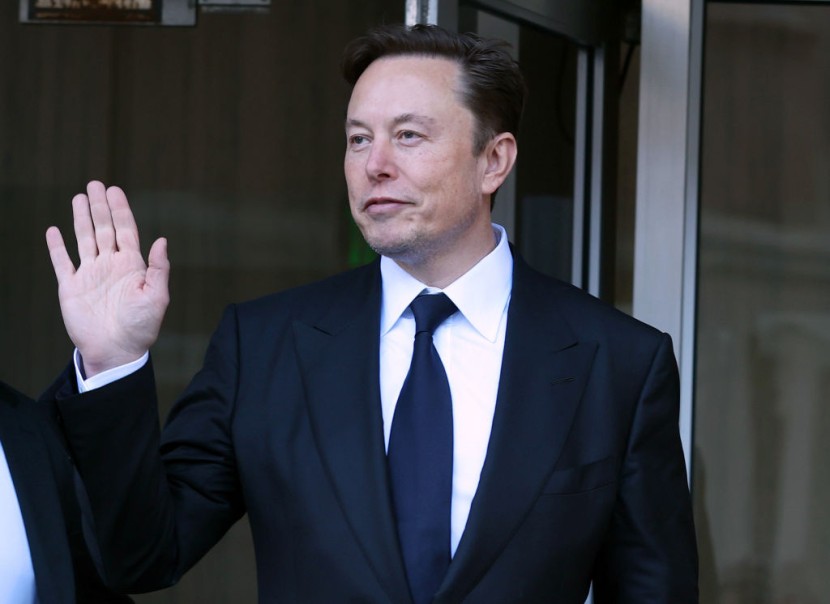Twitter CEO Elon Musk has threatened to sue Microsoft. Musk accused the software company of illegally using its data to train its artificial intelligence (AI) model.
Musk took to Twitter to threaten the software giant following Mashable, and other publications reported that the software company would drop Twitter from its advertising platform. Microsoft's advertising platform allows ad buyers to manage all their social media accounts in one place.
They trained illegally using Twitter data. Lawsuit time.
— Elon Musk (@elonmusk) April 19, 2023
The Battle for Data Ownership
Per CNBC, the latest threat by Musk shows that data ownership is becoming a fraught battleground in the dominance of AI. Many big tech companies are developing cutting-edge AI models, such as OpenAI's GPT, while many data owners are trying to stop or charge them for the use of their content.
Microsoft has its large language models (LLMs) and sells access to OpenAI's models. The software company invested $10 billion in OpenAI last year, and Musk was a co-founder before it left the board in 2018. Recently, the Tesla CEO complained about the company's move from a nonprofit model to a precious business influenced by Microsoft.

Data Ownership and AI
In today's digital age, data is king. With the rise of Artificial Intelligence (AI), the value of data has skyrocketed, and companies are scrambling to collect as much data as possible to train their algorithms. However, with this increased emphasis on data, questions about data ownership have become more critical than ever.
At its core, data ownership refers to the legal right of an individual or organization to control the use and distribution of data. In AI, data ownership is critical because it determines who can use data to train their algorithms and how that data can be used. Data ownership is complicated because many different sources, including individuals, companies, and governments, often generate data.
One of the biggest challenges in determining data ownership is that data is often collected and used in ways that need to be more transparent. For example, social media companies like Facebook and Twitter collect vast amounts of data about their users, but it needs to be clarified what they do with that data. This lack of transparency has led to concerns about data privacy and the potential misuse of data by companies and governments.
Despite these challenges, it's clear that data ownership is critical for the development of AI. With clear ownership rights, it's easier for companies to collect and use data to train their algorithms. This, in turn, limits the development of AI and could slow down progress in this field.
Data ownership is a critical issue in the development of AI. Clear ownership rights are needed to ensure companies can collect and use data to train their algorithms. However, determining ownership rights can be difficult, and new regulations may be necessary to address this issue. Ultimately, the future of AI depends on our ability to develop a fair and transparent system for data ownership.








